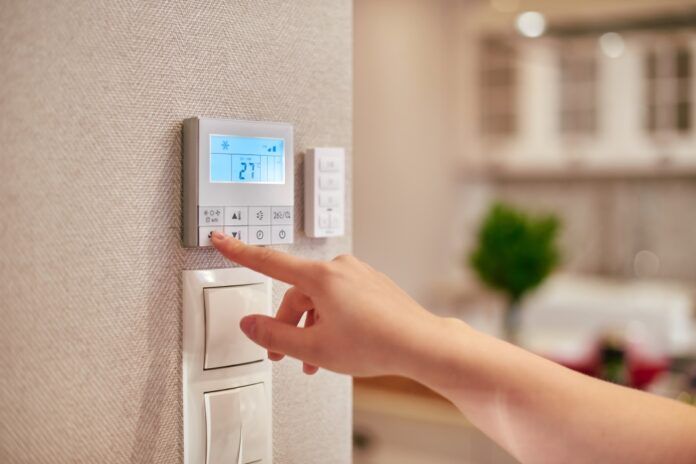
Lee Waring, plumbing expert at HomeHow.co.uk, has created a list of tips on how homeowners can ‘winterise’ their plumbing before the freezing temperatures hit.
Freezing temperatures can have some devastating effects on plumbing if homeowners are not properly prepared, a statement has said.
Insulate your pipes
Lee said: “Frozen pipes are one of the most common and costly problems that homeowners face in the winter. It costs very little to insulate your pipes, and it can make a big difference in ensuring your pipes don’t freeze or burst over winter.
“When water freezes inside the pipes, it then expands and puts pressure on the pipe walls, causing them to crack or rupture. This can result in flooding, water damage, and expensive repairs. To prevent this, you should always insulate your pipes with foam or fibreglass sleeves that fit snugly around them before winter.
“When insulating pipes, pay particular attention to the ones that take hot water from your boiler or cylinder to your hot taps.”
Let your faucets drip
“If the weather is predicted to be extra cold on any given night, turn on any faucets that are along an exterior wall and allow them to drip.
“Allowing your faucets to drip will eliminate the pressure build between your tap and any potential ice blockages. This means that, even if the pipe does freeze, it will be much less likely to burst.”
Disconnect outdoor hoses
Lee continued: “You mustn’t forget to also winterise your outdoor pipes and faucets. Firstly, you will need to make sure you disconnect your hose from the outdoor tap and drain any existing water out of the hose.
“If possible, it is also a very good idea to turn off the water supply to your outdoor tap and open it up to drain any of the remaining water out of the pipes.”
Open sink cabinets
“Although quite a simple task, this can actually make a big difference. Just open up your sink cabinets to allow more heat to enter.
“This simple task will allow more heat to get to the pipes within, further preventing the possibility of freezing.”
Fix exterior cracks
“Before winter comes into full force, you should take some time to inspect your home’s exterior and look for any holes or cracks. If you notice any imperfections, these should be dealt with before the first frost comes along.
“Fill any imperfections with caulking and spray foam insulation to help prevent the cold air from getting into your home or to the pipes in the walls.”
Keep your heating on
He added: “It’s a bad idea to turn your heating off at any point during the winter months. Even if you’re planning on being away from home for a while, you should still keep your heating on.
“The money saved on your electricity bill by turning your heating off won’t exactly cover the cost of a burst pipe, so it’s much better to be wary. It doesn’t need to be extremely hot. Just keep your heating on a constant low temperature and then turn it up as and when you need to.”
Repair any leaks
“With winter approaching, it’s a smart idea to take a look around your property and inspect all of your pipes and faucets for any leaks.
“If you do find any leaks, you should patch these up and repair them as soon as possible. If the pipe in question services your water or heating, you should contact a professional to repair the leak for you. This will help to prevent any problems with your heating system or pipework over the winter months.”
Prepare your drains
Lee said: “The fastest way to make sure all of your drains are working properly and efficiently is to simply keep them as clean as possible. Remove any leaves, mud, dirt or debris from the grate to prevent blockages and potential freezing.
“If leaves are falling around your property, you will need to ensure they don’t make their way into your property’s drains. A drain protector constructed from non-freeze plastic can help guard your drains against frozen water damage.”
